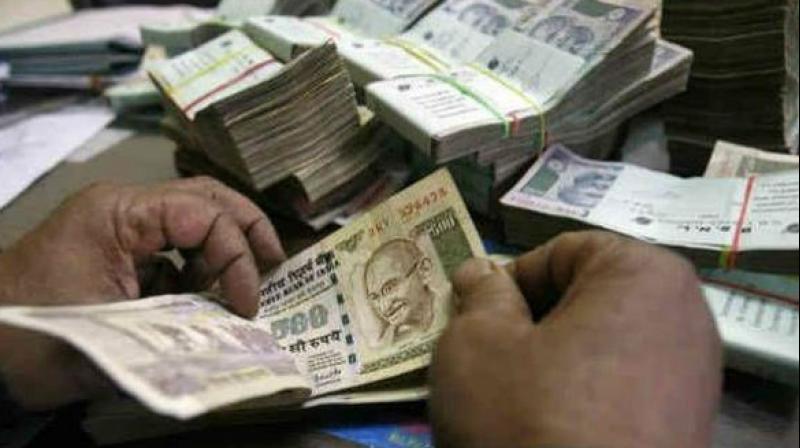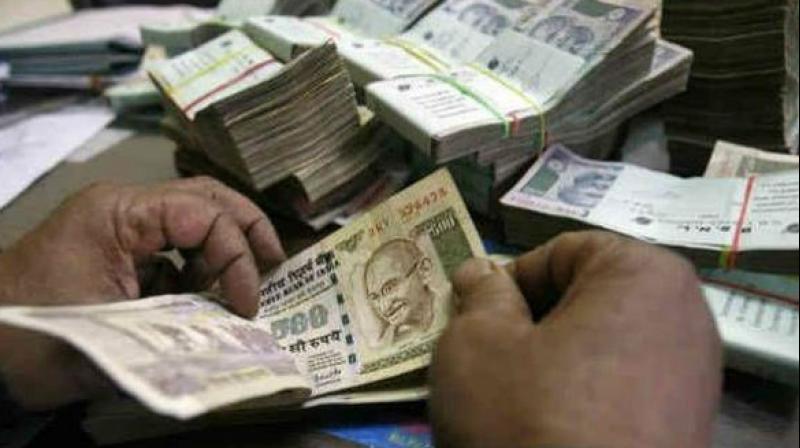

Kathmandu: The Central bank of Nepal has developed a software to facilitate exchange of banned Indian Rs 500 and Rs 1000 notes in the country.
According to a report in the Hindustan Times, the demonetisation of Indian notes has affected the banking system of Nepal. Very small amount of the 100 rupee notes are now permitted to people who want to visit India.
The Nepal Rastra Bank (NRB) has been witnessing long queues since the demonetisation of notes in India.
However, officials from the RBI said that only a maximum of 25,000 Indian rupees can be exchanged by each Nepali citizen.
“A Nepali citizen can exchange only 25,000 Indian rupees and this is the limitation. If anyone is found having exchanged more than one time, the amount will be seized,” said NRB Deputy Governor, Chintamani Siwakoti.
In accord to the new template, a Nepali citizen wanting to exchange money has to fill up a form, submit a copy of Nepali citizen and other personal details, which will be uploaded in the software. The software will bar any user coming to exchange money for the second time and has exceeded the limit.
“We have developed separate software to facilitate the exchange of banned Indian bills and template of exchange modality has been sent for approval from Reserve Bank of India,” Siwakoti said.
Nepal is now waiting for India’s nod to use this software. As soon as they get the permission, NRB will distribute the software across its branches in Nepal.
Siwakoti, citing the RBI officials said that they are not going to receive India notes till April of next year.
Thousands of Nepali citizens who come to India for education, pilgrimage, trading or for treatment, are facing the cash crunch.
“But we have enough reserve of Indian 100 rupee bills, so there is not much worry,” Siwakoti said.
However, many of them are holding huge amount of banned Indian currency, including those who are daily wage labourers in India.
[Source:-DC]
